Remediation
Total Environmental Concepts is your trusted partner for comprehensive remediation services. With decades of experience, TEC addresses complex contamination challenges involving petroleum, solvents, PFAS/PFOS, PCBs, and mold. Our expert team employs innovative, efficient, and regulatory-compliant solutions to restore environmental health and safety. From thorough site assessments to the implementation of advanced chemical, biological, and physical remediation techniques, TEC ensures that every project, regardless of scale or complexity, meets and exceeds industry standards. Whether for commercial, municipal, or residential needs, TEC is committed to delivering tailored, effective strategies that prioritize environmental integrity and client satisfaction.
Petroleum Remediation
For over two decades, TEC has remediated petroleum-impacted soil and groundwater throughout the Mid-Atlantic. Spills or releases of gasoline, diesel fuel, and heating oil are common, originating from USTs/ASTs at service stations, fleet fueling motor pools, commercial facilities, generator systems, and even home heating oil tanks. Remediation typically begins once a site has been fully investigated to understand the extent of impact, but can also occur simultaneously with site characterization, especially for cases where the spill/release is recent. Remediation methods include both chemical and biological applications as well as physically excavating the petroleum-impacted soil and vacuuming out the petroleum-impacted groundwater.
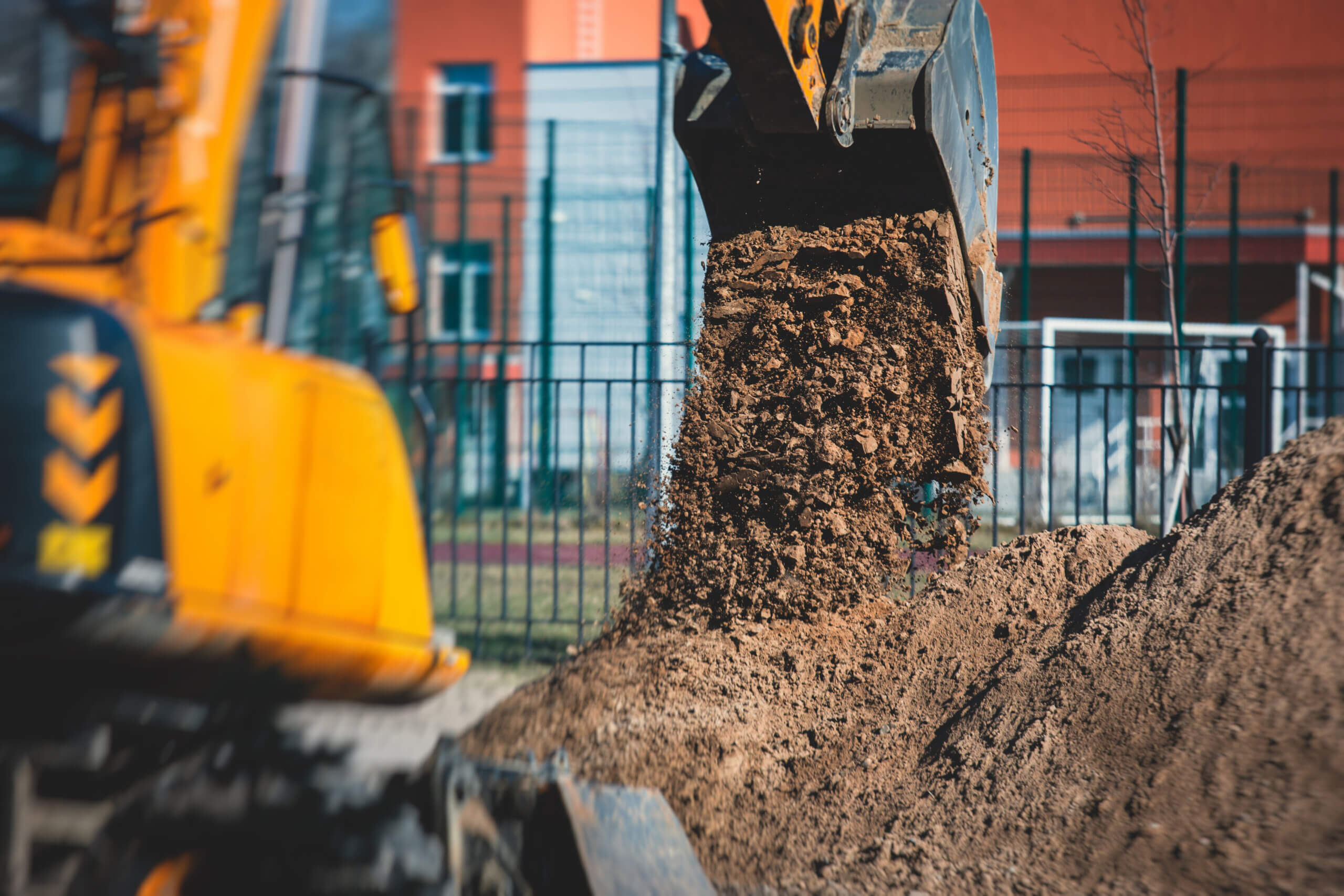
Solvent/Dry Cleaning Remediation
Tetrachloroethylene, also known as perchloroethylene, PCE, or ‘perc’, is a common chemical used in the dry cleaning industry. Historically, the use and proper disposal of this fluid has been mismanaged. Costly disposal prompted small quantity generators to save costs by illegally dumping the spent material (sometimes literally out the back door of their shops) back in the 1960s to the 1980s. During real estate transactions today, a ‘red flag’ shows up if it’s discovered that a historical dry cleaning operation occupied the site. PERC, unlike petroleum products, is more dense than water and therefore sinks in the water column, making its remediation a bit more challenging. Many of the same methods of remediation apply, and one of the main concerns is vapor intrusion of the contaminant into human-occupied structures through foundation cracks and piping conduits.
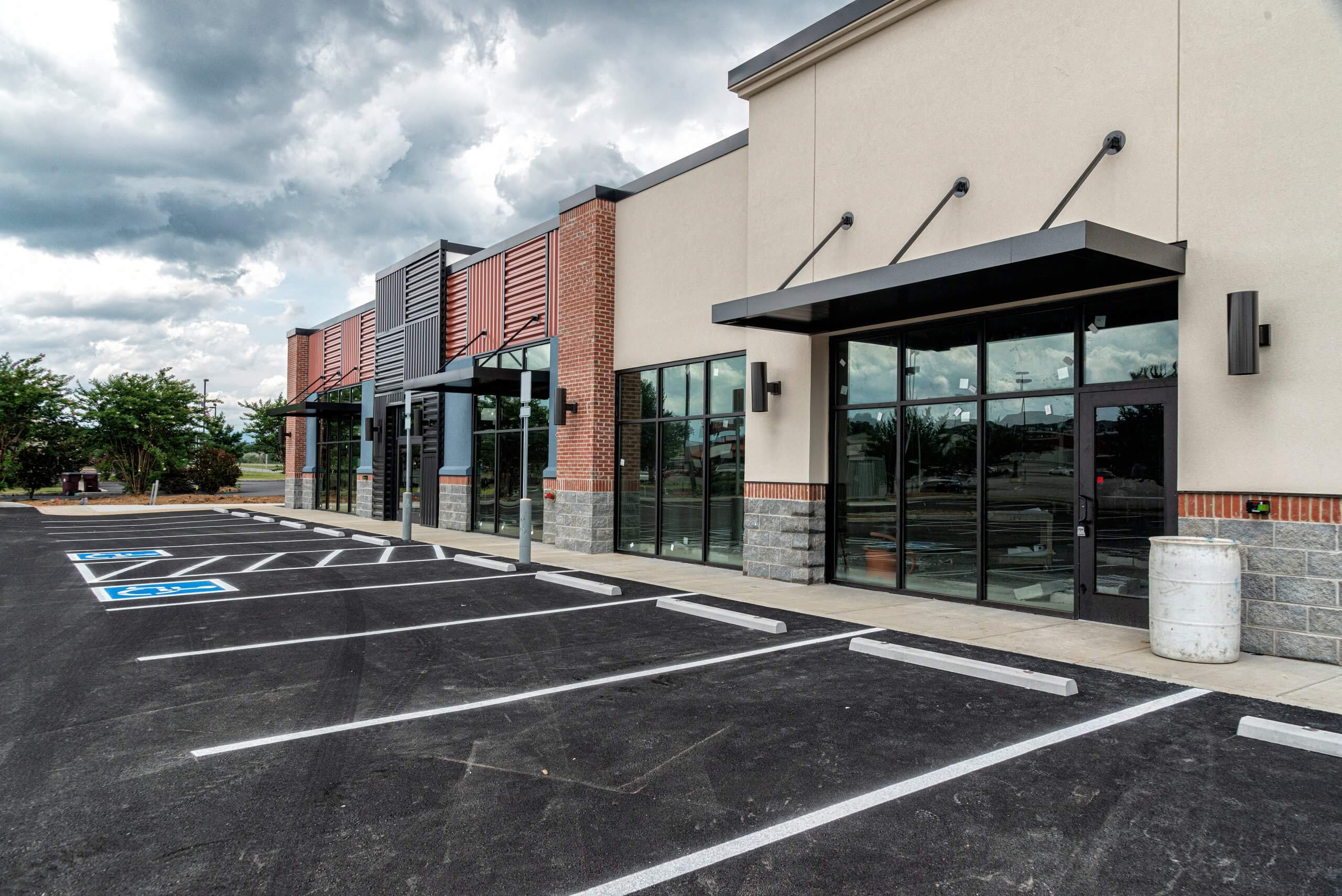
PFAS/PFOS Remediation
TEC has extensive experience in providing sampling and remediation services for per- and polyfluoroalkyl substances (PFAS) and perfluorooctanesulfonic acid (PFOS) contamination. TEC develops and implements customized remediation strategies after identifying contaminant levels. Our remediation technology experience includes granular activated carbon (GAC), ion exchange resins, and high-pressure membranes for PFAS removal in water treatment systems.
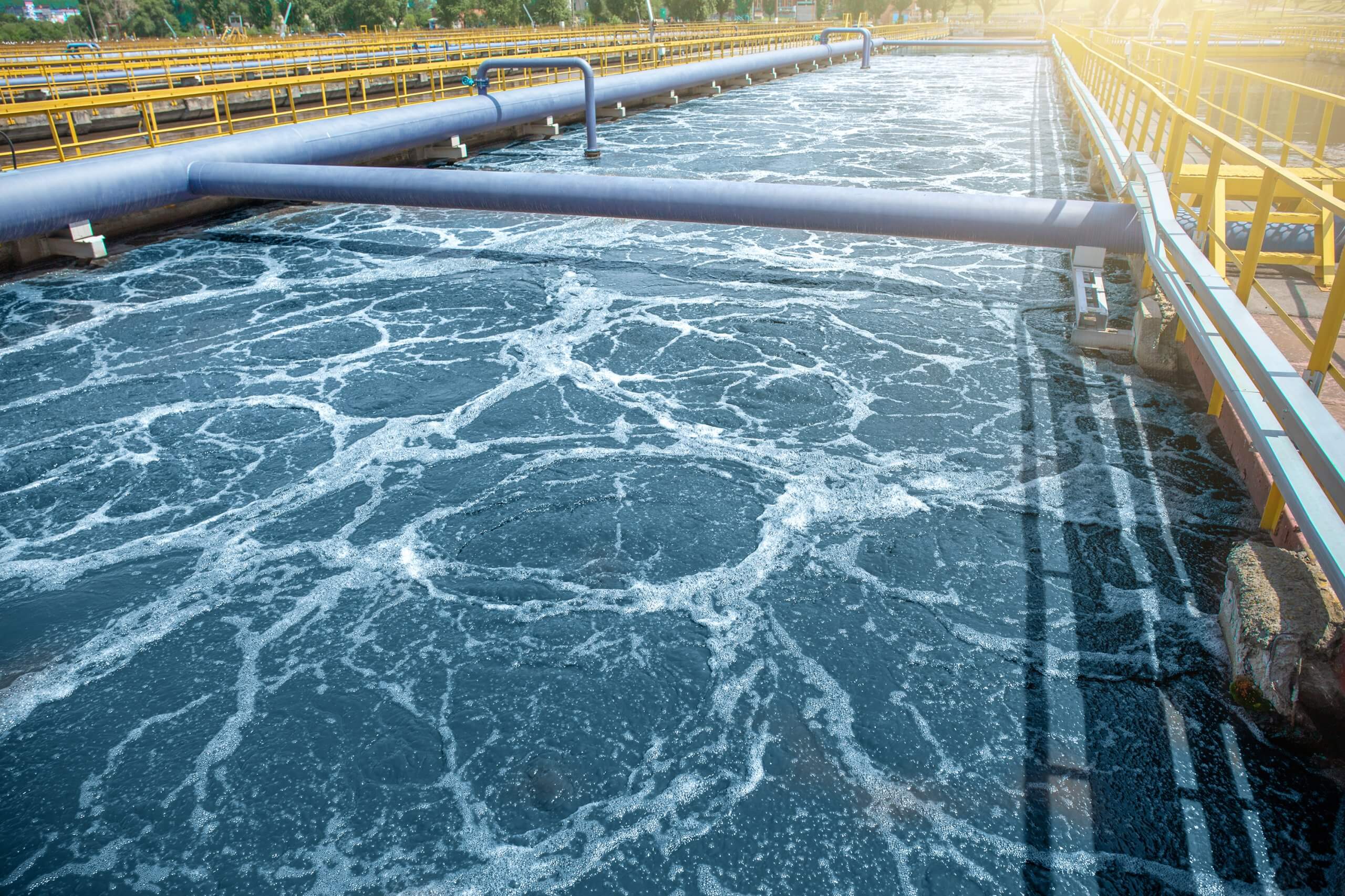
PCB Remediation
PCB (polychlorinated biphenyls) contamination of soil, groundwater, and building materials is not as ubiquitous as subsurface petroleum contamination. PCBs have tremendous electrical insulating properties and were used extensively in electrical transformers. Leaky transformers often introduce PCBs onto their concrete pads and into the surrounding soil. Remediation of shallow soils and impacted concrete due to surface spills is commonly addressed through excavation and offsite disposal at permitted facilities. Deeper impacted soil and groundwater can be remediated by more traditional means of pumping and treating.
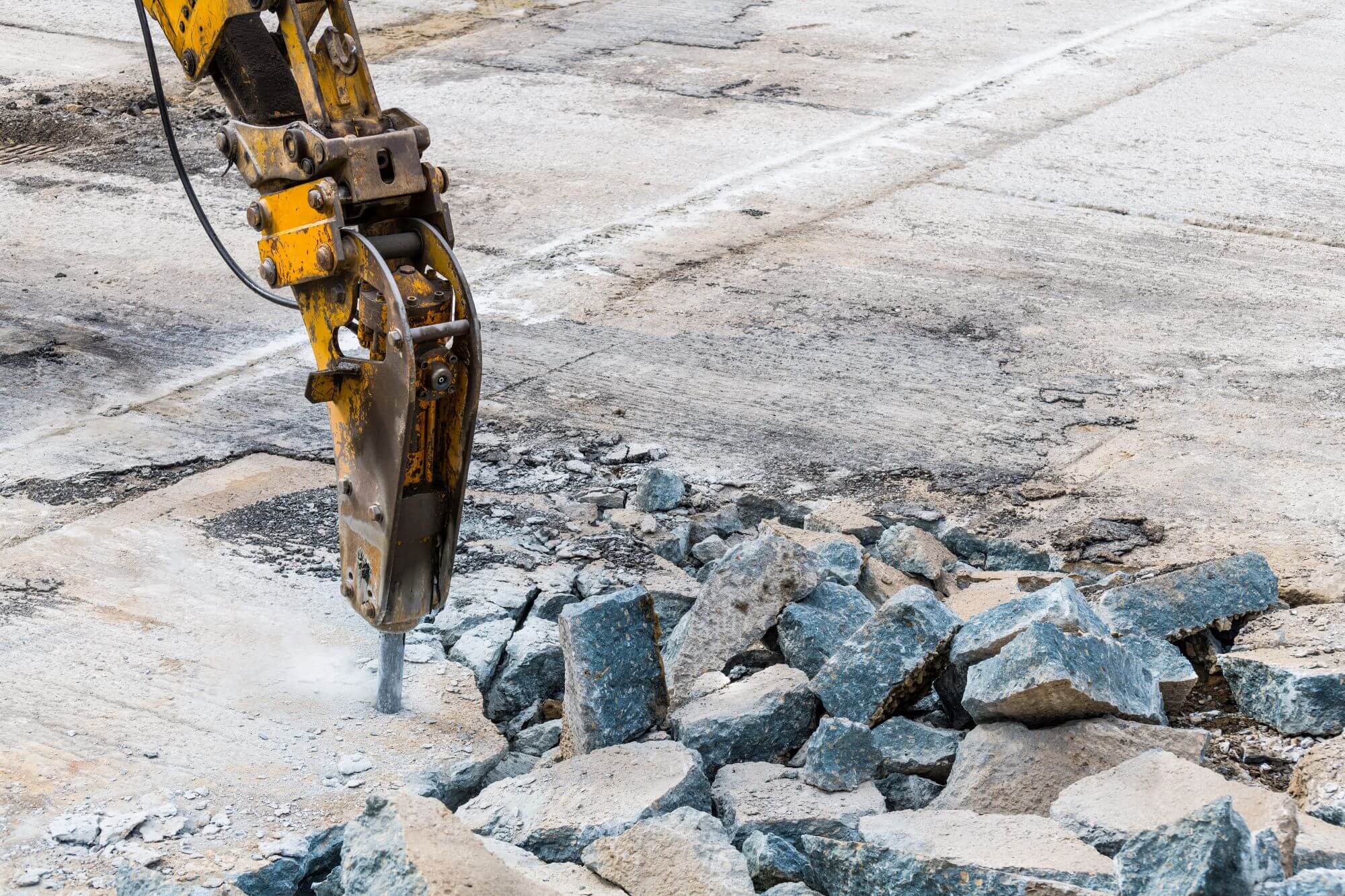
Mold Remediation
Remediation of mold from building materials is straightforward compared to other contaminants in the soil and groundwater. It’s often required following a water intrusion event (leaking water pipe, flood event, fire extinguishing event). While each situation is unique, mold remediation typically involves the physical removal of moldy building materials, such as drywall, studs, and joists, and the cleaning of surfaces that cannot be easily removed.
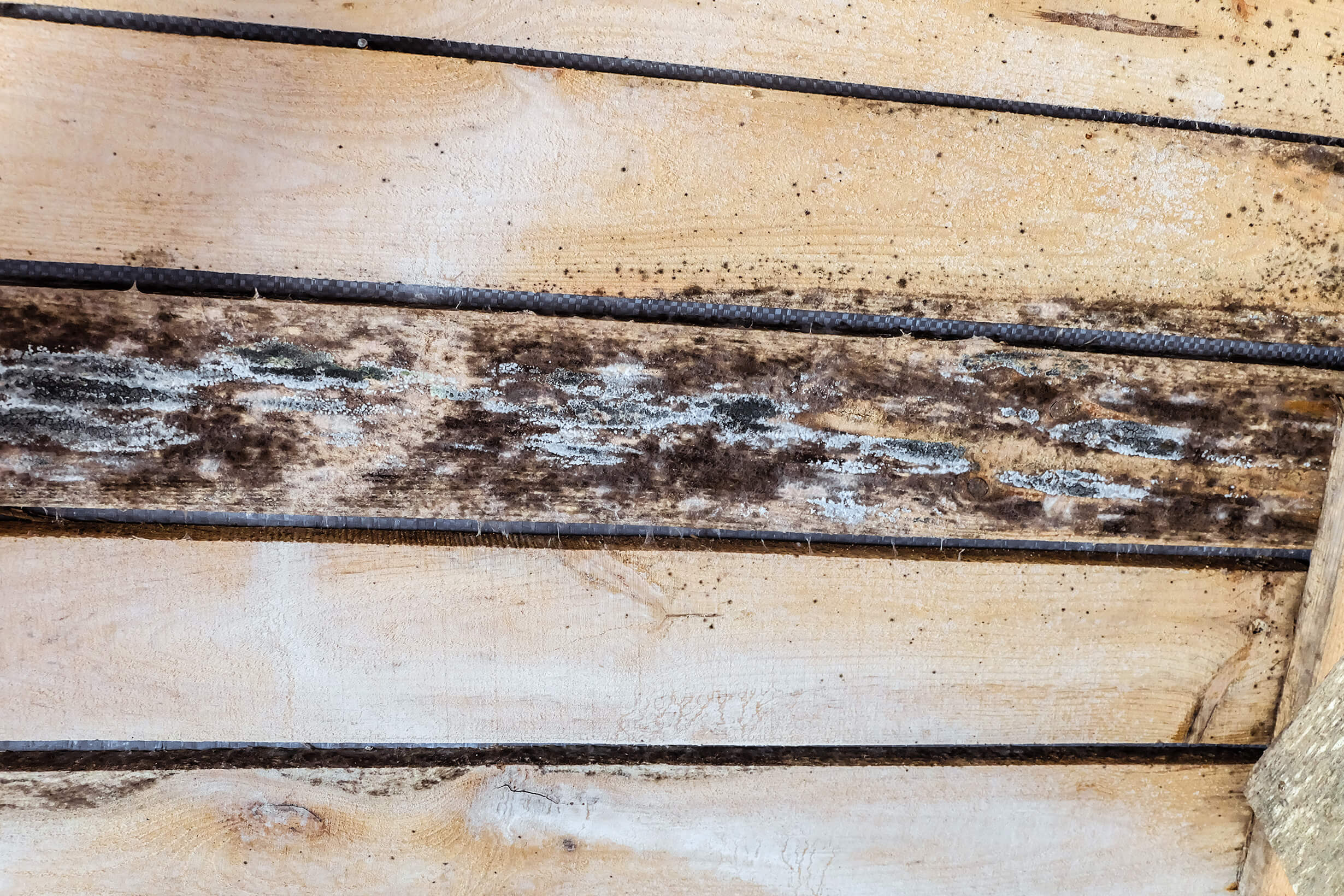
Industries We Serve
TEC primarily serves commercial and municipal entities, from developers to realtors to property management companies to county government fleet fueling centers. Our resume of remediation projects, however, covers everything from the Federal government to homeowners.
Trust TEC With Your Remediation Needs
Partnering with TEC provides you with access to a wealth of expertise, specialists, and tailored solutions. We value our client relationships and specialize in the remediation of impacted media.

